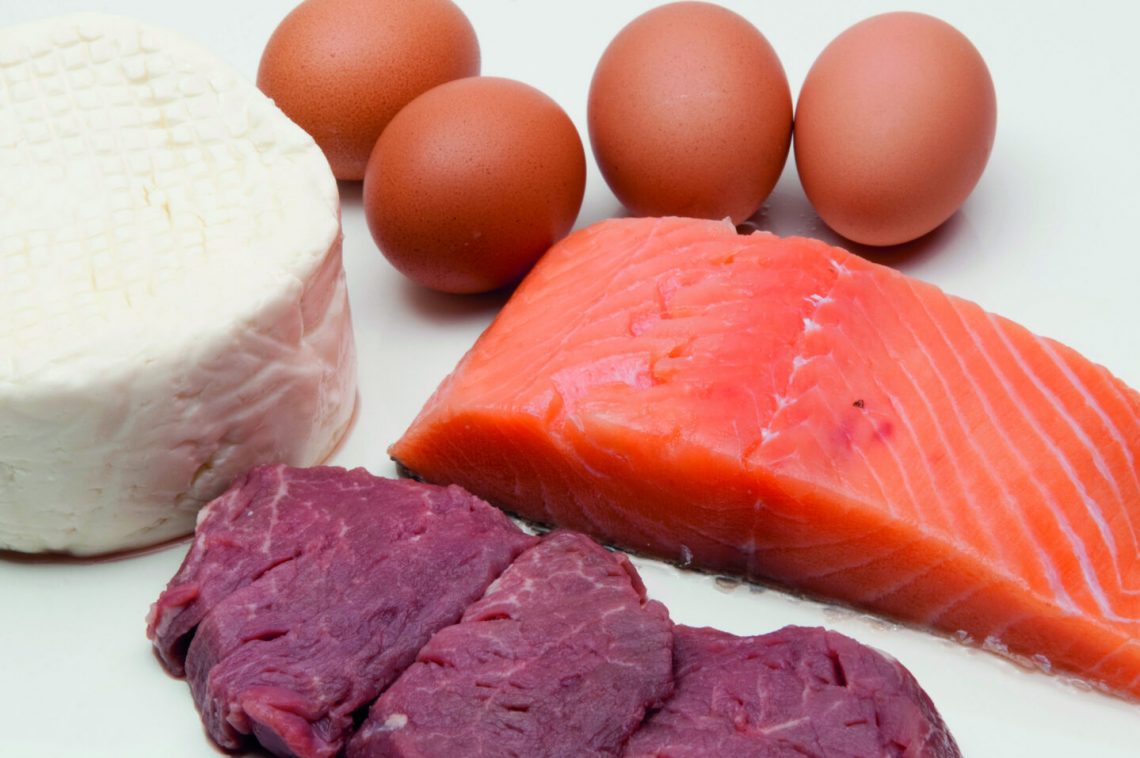
Understanding protein
The importance of protein and the question as to whether extra protein is necessary for sporting performance is a much debated topic amongst scientists, athletes and their coaches.
Protein is associated with power and strength and is the major constituent of muscle.
Traditionally scientists held the view that athletes didn’t need any more than the usual Recommended Daily Allowance (RDA) of protein in their diets, but today there is considerable evidence to suggest that active people require a higher percentage of protein in their diets, compared to the general population.
So why do we need protein?
Protein makes up part of the structure of every cell and tissue in your body. Protein is needed for cell and tissue renewal, to produce enzymes and hormones such as adrenaline and insulin and to help regulate many metabolic pathways in our body – not to mention as a fuel source used by our body for energy production.
Endurance athletes tend to focus on carbohydrate intake and pay little attention to protein. Protein deficiency appears often among endurance athletes, with its inevitable negative effects on performance and health.
Low protein consumption lengthens recovery time, causes muscle weakness, and suppresses the immune system. Chronic protein deficiency will cancel the beneficial effects of your training schedule and you may become fatigued, lethargic and anaemic. Athletes with over training syndrome usually have protein deficiency
What are our protein requirements?
The amount of protein we require is determined by many characteristics, including activity levels, gender, weight and personal nutritional and sporting goals. A personalised nutrition plan will determine your exact protein needs as a swimmer, but as a general rule of thumb it’s recommended that the general population consume 1g of protein per 1kg of body weight per day as a minimum. Endurance athletes require somewhere between 1.4 and 1.7g of protein per kg of bodyweight, again depending on training intensity and personal goals.
It’s an important calculation to make and to get right. Our muscles use what they need for growth, maintenance and repair but excess amino acids not burned for fuel will be stored as fat
New to endurance training?
For the first month of endurance training, be sure to munch more protein than usual, until your body learns to compensate for these new demands and becomes more efficient at using protein.
When should you eat protein?
The International Olympic Committee recommends eating 15-25g of protein with each meal and then again after exercise or training – this is a very good place to begin.
To promote muscle recovery and repair you should consume a balanced recovery meal within the post exercise recovery phase, ideally within an hour of your training session, aiming for a balance of 1:4 of proteins to carbohydrates. Studies have shown that our muscles are more sensitive to amino acid uptake in the two hours following exercise, although this can extend to 24 hours if our nutritional state is sound. It is therefore important to include protein in subsequent meals.
Consuming carbohydrates with that protein post workout is important. The carbs replenish glycogen stores but also stimulate a greater insulin response, driving sugar along with amino acids into cells for more efficient use of the protein we consume.
So, which protein foods are best?
Our protein requirements can be met within a daily balanced diet and we rarely need supplements.
Various foods supply protein in varying amounts. ‘Complete’ proteins, those containing eight essential amino acids, come mostly from animal products such as meat, fish and eggs. ‘Incomplete’ proteins, those lacking one or more essential amino acid, come from sources like vegetables, fruit and nuts.
Vegetarian athletes, to ensure they absorb enough protein, should learn to eat foods together that assist digestion of proteins. The digestion of proteins requires stomach acid and if proteins and starches are eaten together in a meal, the digestive environment is neither acid nor alkaline enough for either group to be absorbed well. Vegetarians should therefore acquire their carbohydrates in their recovery meal from non-starchy vegetables, rather than grains, pasta, breads, cereal and rice.
Excellent protein sources
Fish, 85g – 21g of protein
Chicken, 85g – 21g of protein
Turkey, 85g – 21g of protein
Beef, 85g – 21g of protein
Milk, 226g – 8g of protein
Tofu, 85g – 15g of protein
Yogurt, 226g – 8g of protein
Cheese, 85g – 21g of protein
Peanut butter, 2 tbsp – 8g of protein
Eggs, 2 large – 13g of protein







